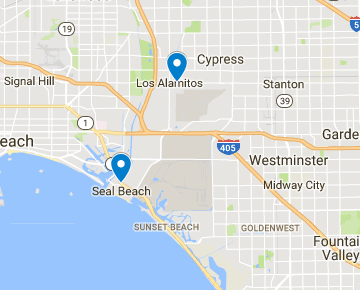What Are Your Risks? American Diabetes Month

American Diabetes Month is observed in November each year. Since one in 10 of our adult population is affected, it’s a chronic condition that more people need to know about. The more we are aware of the risks, the symptoms, and the impact it has on us, the more likely we are to be able to prevent and promptly treat diabetes.
About Diabetes
If you are diagnosed with diabetes, it means that your blood has abnormally high levels of sugar in your blood, either due to a lack of or improper function of insulin. There are 4 types: Type 1 diabetes (pancreas stops producing insulin), Type 2 Diabetes (your body cells become resistant to insulin), Prediabetes (high levels of sugar, but not quite at diabetes), and gestational Diabetes (insulin resistance due to pregnancy hormones).
Risks
Unfortunately, the exact cause is still unknown. However, it seems genetics, environmental factors, lifestyle, and habits seem to have an affect on risk level.
- Family history: Those with a family history of diabetes are more likely to get diabetes.
- Unhealthy Eating: Those who have high blood pressure and cholesterol are more likely to develop diabetes. Eat a nutritional and well-balanced meal, low in sodium, cholesterol, and sugar.
- Sedentary lifestyle: Physical activity is recommended at least 3 times a week.
- Overweight: Those who are overweight or obese are at higher risk of diabetes. Try to lose weight and maintain healthy weight.
- Smoker: Smoking and other bad habits increase the risk of diabetes, so we recommend quitting as soon as possible.
Symptoms
If you have the following symptoms, ask your doctor to check your blood sugar level:
- Needing to urinate often
- Feeling thirstier than normal
- Hunger and losing weight even with normal eating
- Fatigue
- Blurry vision
- Slow healing wounds or loss of sensation
- Dry skin
Long-term impacts
Diabetics are at risk for long-term issues like cardiovascular disease, neuropathy, foot damage, kidney disease, and vision problems. Regarding foot-related complications, high blood sugar levels can damage nerves, leading to a loss of sensation in the feet. This can also mean that you can suffer an injury/burn or have a foot disease and not know about it until it becomes severe and harder to treat. If you experience numbness in the feet, it can indicate a more serious problem. Make an appointment today at Alamitos-Seal Beach Podiatry Group for a thorough assessment and consultation with





